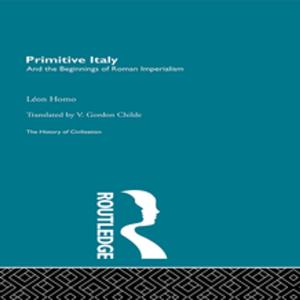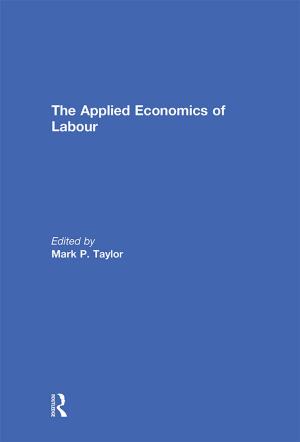Markets without Limits
Moral Virtues and Commercial Interests
Nonfiction, Religion & Spirituality, Philosophy, Ethics & Moral Philosophy| Author: | Jason F. Brennan, Peter Jaworski | ISBN: | 9781317815624 |
| Publisher: | Taylor and Francis | Publication: | August 20, 2015 |
| Imprint: | Routledge | Language: | English |
| Author: | Jason F. Brennan, Peter Jaworski |
| ISBN: | 9781317815624 |
| Publisher: | Taylor and Francis |
| Publication: | August 20, 2015 |
| Imprint: | Routledge |
| Language: | English |
May you sell your vote? May you sell your kidney? May gay men pay surrogates to bear them children? May spouses pay each other to watch the kids, do the dishes, or have sex? Should we allow the rich to genetically engineer gifted, beautiful children? Should we allow betting markets on terrorist attacks and natural disasters?
Most people shudder at the thought. To put some goods and services for sale offends human dignity. If everything is commodified, then nothing is sacred. The market corrodes our character. Or so most people say.
In Markets without Limits, Jason Brennan and Peter Jaworski give markets a fair hearing. The market does not introduce wrongness where there was not any previously. Thus, the authors claim, the question of what rightfully may be bought and sold has a simple answer: if you may do it for free, you may do it for money. Contrary to the conservative consensus, they claim there are no inherent limits to what can be bought and sold, but only restrictions on how we buy and sell.
May you sell your vote? May you sell your kidney? May gay men pay surrogates to bear them children? May spouses pay each other to watch the kids, do the dishes, or have sex? Should we allow the rich to genetically engineer gifted, beautiful children? Should we allow betting markets on terrorist attacks and natural disasters?
Most people shudder at the thought. To put some goods and services for sale offends human dignity. If everything is commodified, then nothing is sacred. The market corrodes our character. Or so most people say.
In Markets without Limits, Jason Brennan and Peter Jaworski give markets a fair hearing. The market does not introduce wrongness where there was not any previously. Thus, the authors claim, the question of what rightfully may be bought and sold has a simple answer: if you may do it for free, you may do it for money. Contrary to the conservative consensus, they claim there are no inherent limits to what can be bought and sold, but only restrictions on how we buy and sell.















